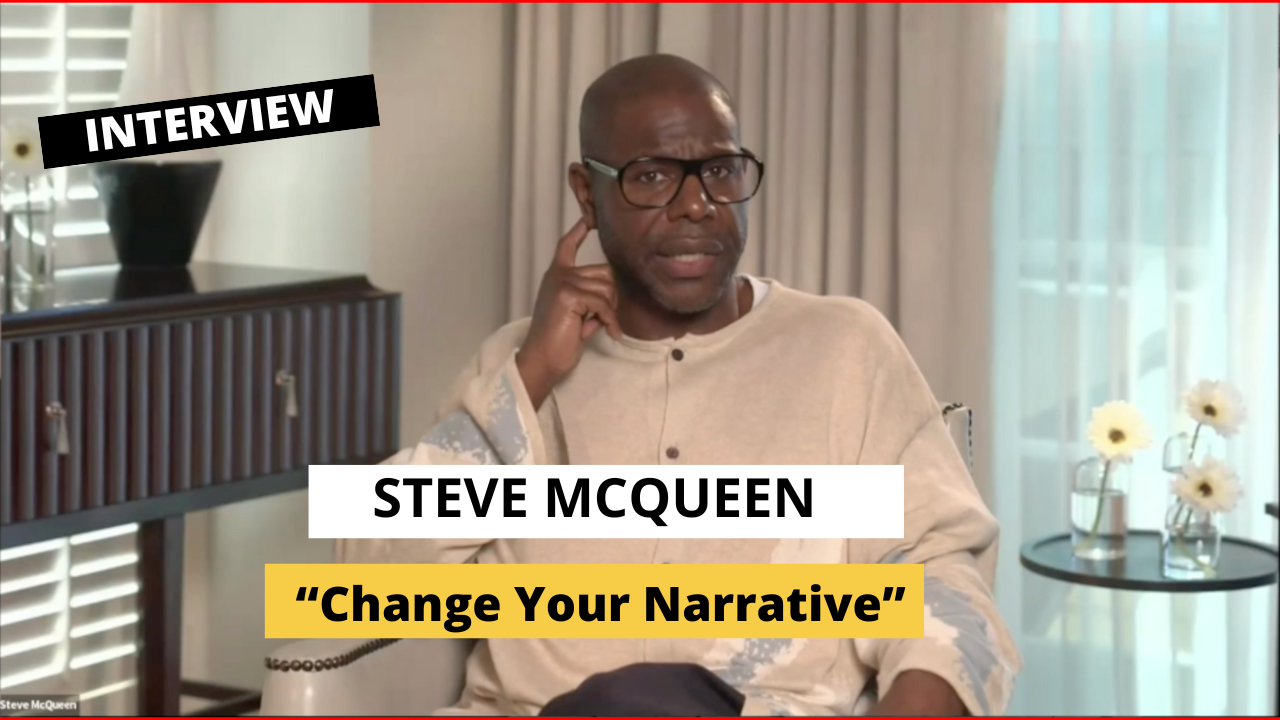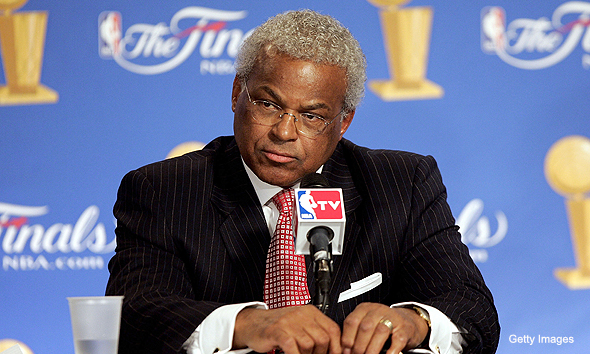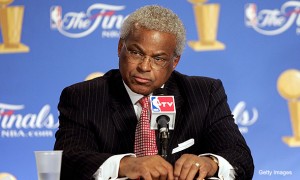During the NBA lockout, there were whispers that Billy Hunter, the Director of the National Basketball Players Association, wasn’t really moving in the best interest of the players. At the end of the 2012 regular season, NBPA President, Derek Fisher requested an audit of the finances but was shot down by Hunter. Well it seems there was a good reason why Hunter didn’t want the finances examined and it’s not good news for him.
It’s alleged that Hunter and union general counsel Gary Hall, never received player representative approval for a five-year, $15 million contract extension for Hunter in 2010 as is the directive per the union’s by-laws.
According to Yahoo, Hunter’s contract extension began on July 1, 2011, the first day the NBA’s lockout of the players began. While the NBA’s players lost their salary Hunter received a $700,000 raise which earned him $3,000,000 per year.
In an independent investigation by the law firm Paul, Weiss, Rifkind, Wharton & Garrison, the findings were pretty damning for Hunter.
“Based on the findings of this report, the NBPA should consider whether Mr. Hunter should remain as the Union’s Executive Director and whether new and more effective controls should be enacted to govern the NBPA, its Foundation and its Executive Director, whoever that may be,” the report concluded.
In addition to question regarding Hunter’s contract extension, there were also concerns about his business practices involving his friends and family.
- Hunter “involved family and friends in union business as employees or vendors without full disclosure and the disinterested approval of the union’s officers and directors.”
- “Created an atmosphere at the NBPA that discouraged challenges to his authority, including allowing the union’s former general counsel, Gary Hall, to stop former secretary-treasurer Pat Garrity from speaking freely about conflicts of interest to the executive committee.”
- “instances in which Mr. Hunter made decisions that reflect poor judgment, displayed insensitivity to conflicts of interest, questions his stewardship of Union resources or raise serious doubts about his interest in the policies and procedures that protect the Union in the orderly conduct of its affairs.” Including an April report that Hunter attempted to invest several million dollars of union funds into a failing New Jersey bank with business ties to his son.
While the report doesn’t claim that Hunter was involved in any legal activities, you’d have to imagine that the players, especially the ones who already had suspicions during the lockout, won’t be pleased







